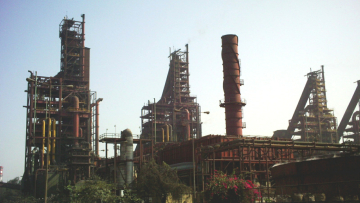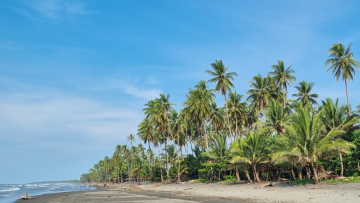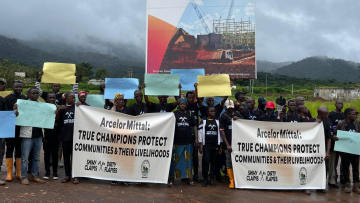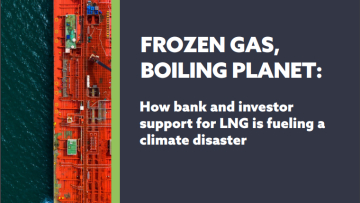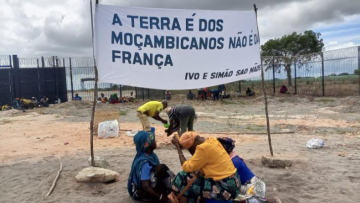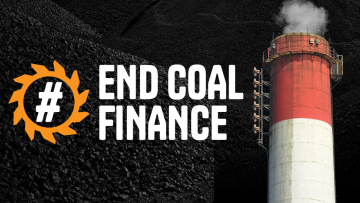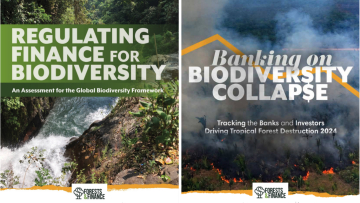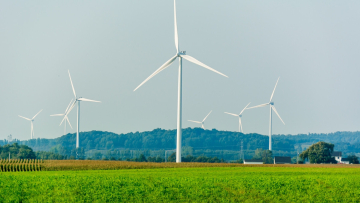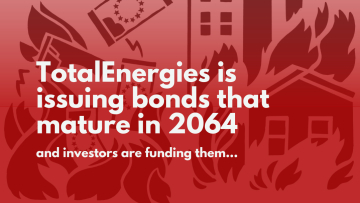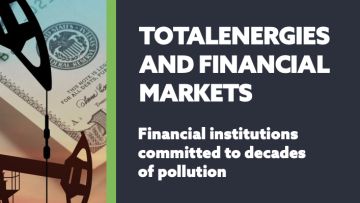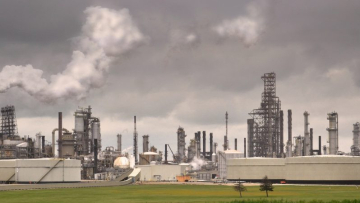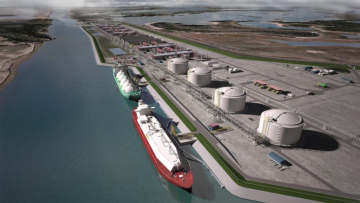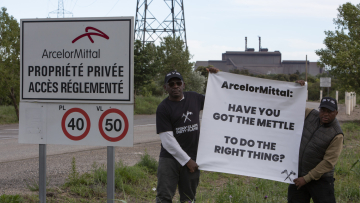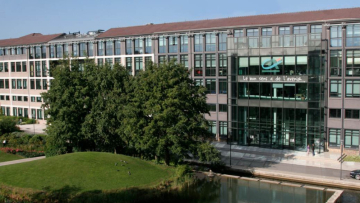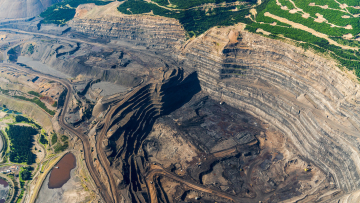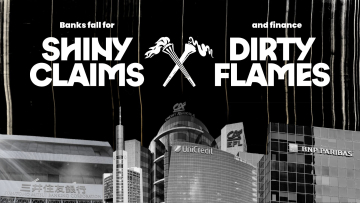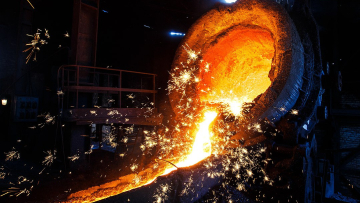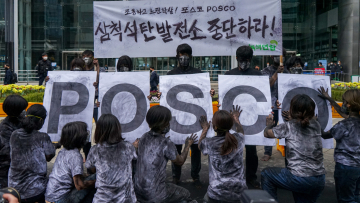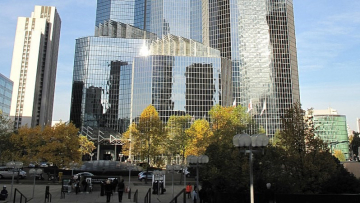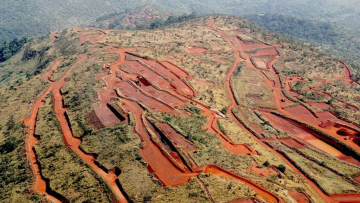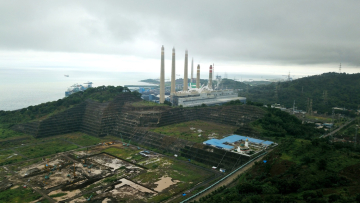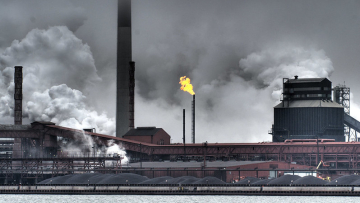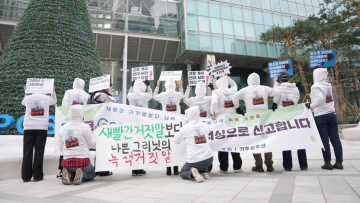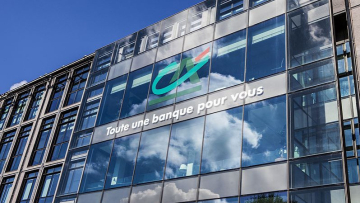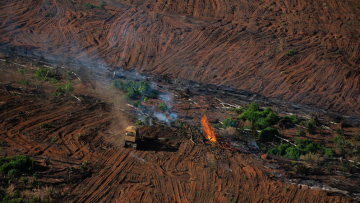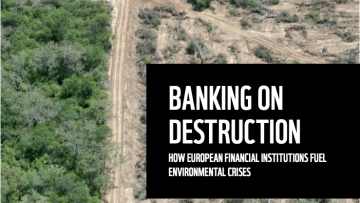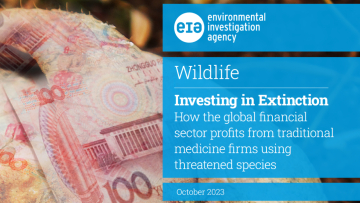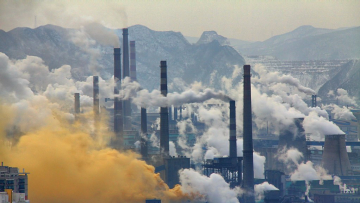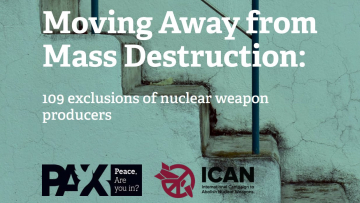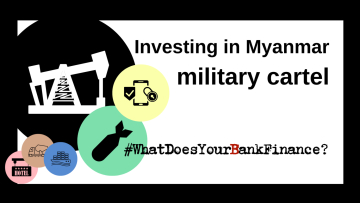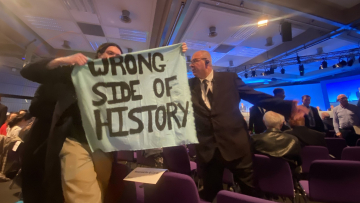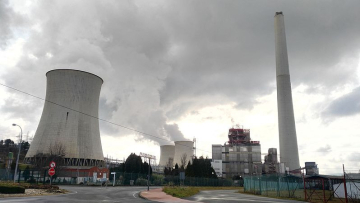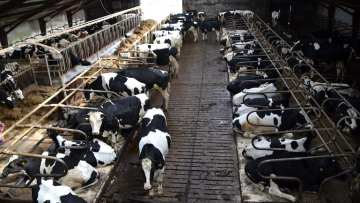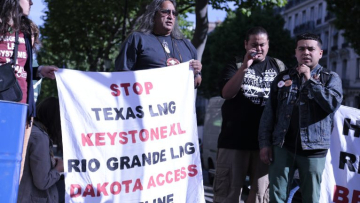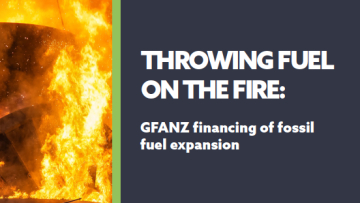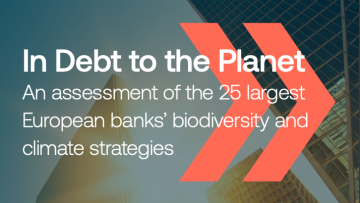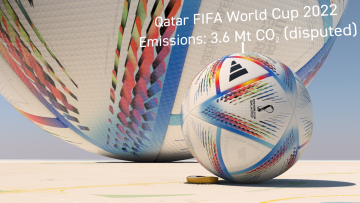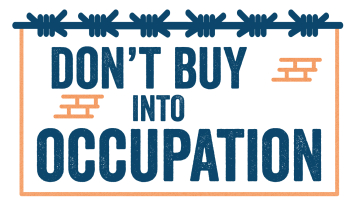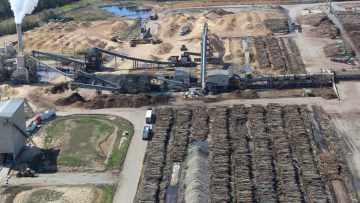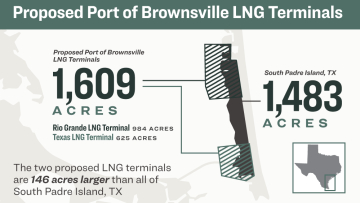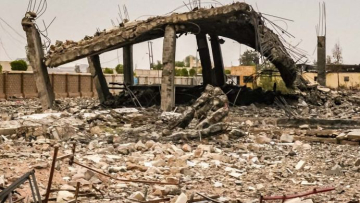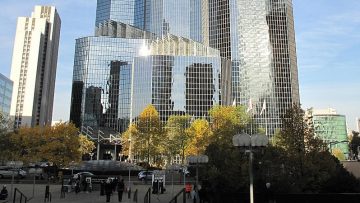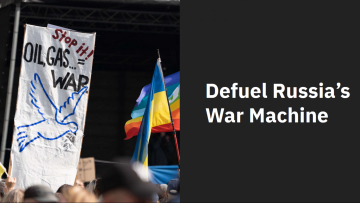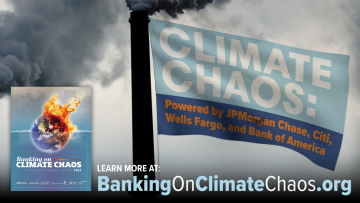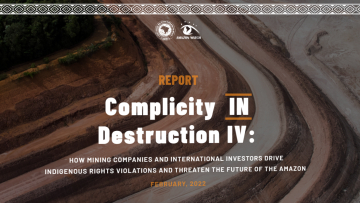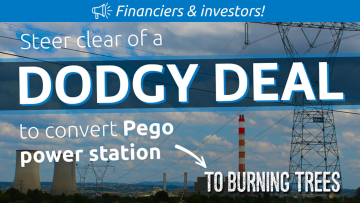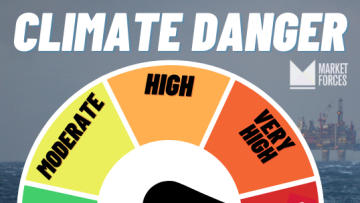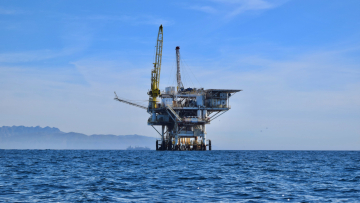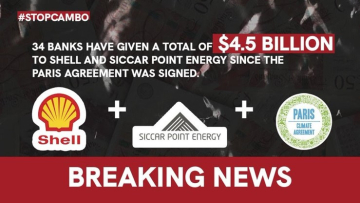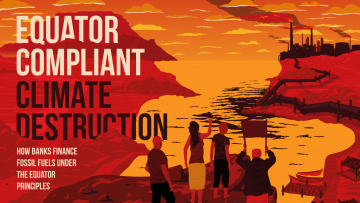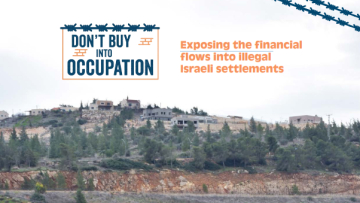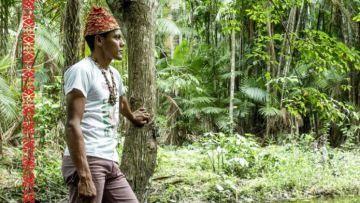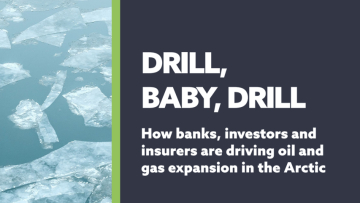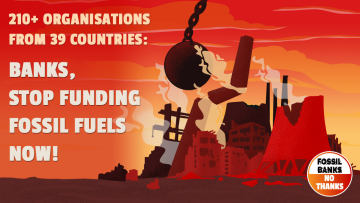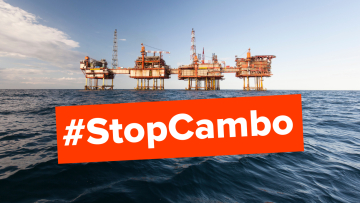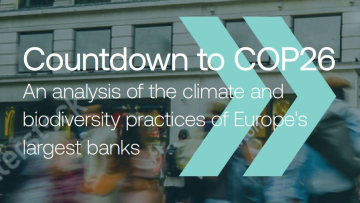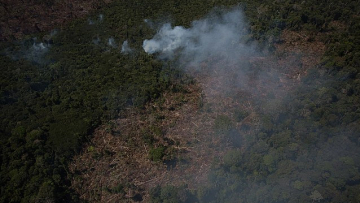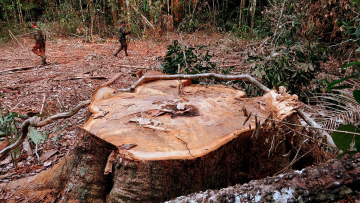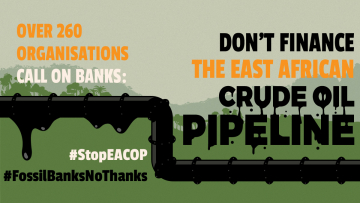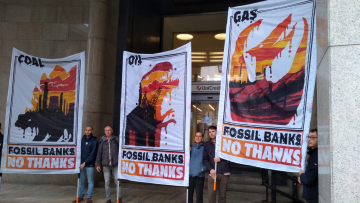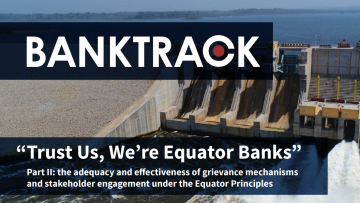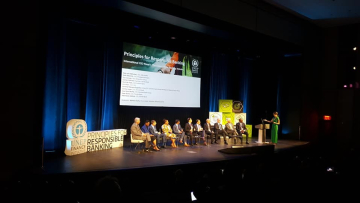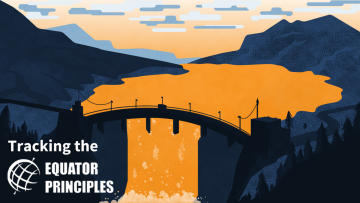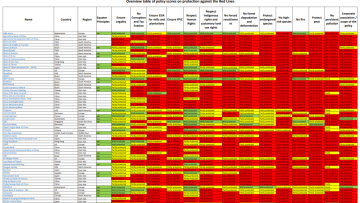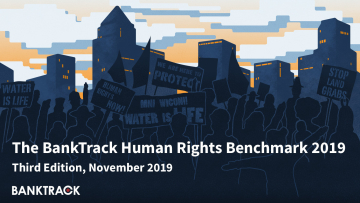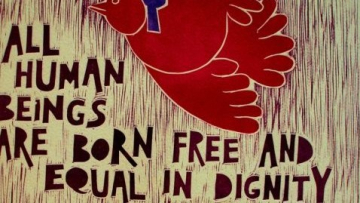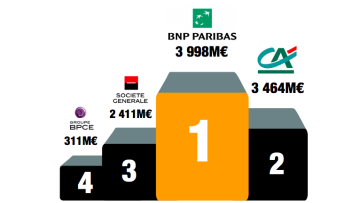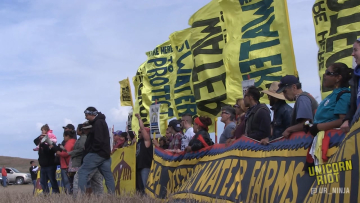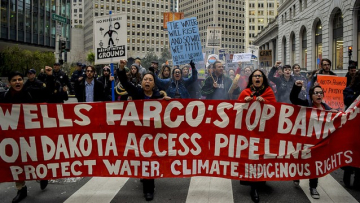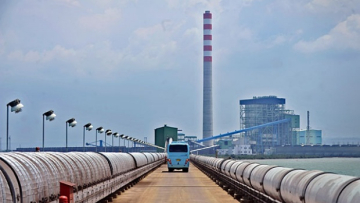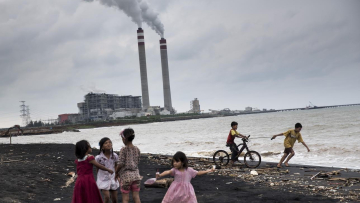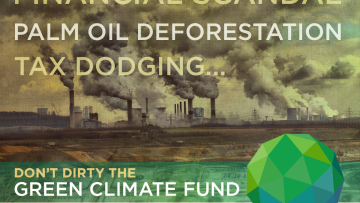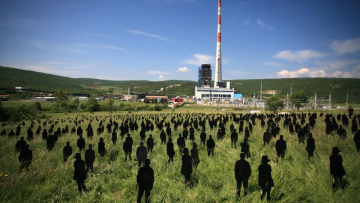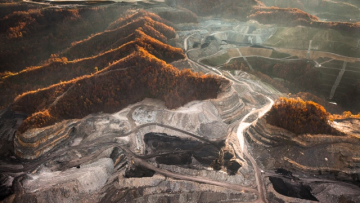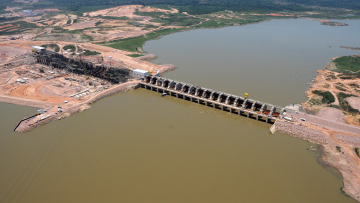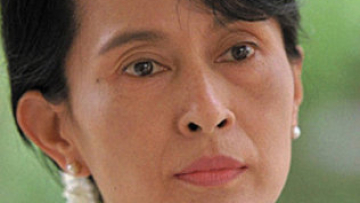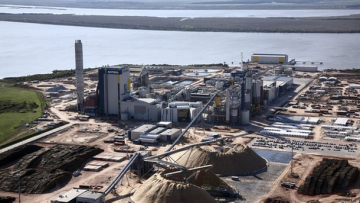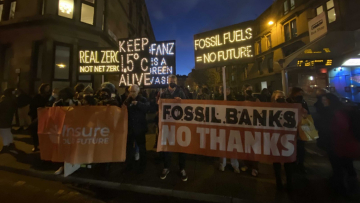
Active
This profile is actively maintained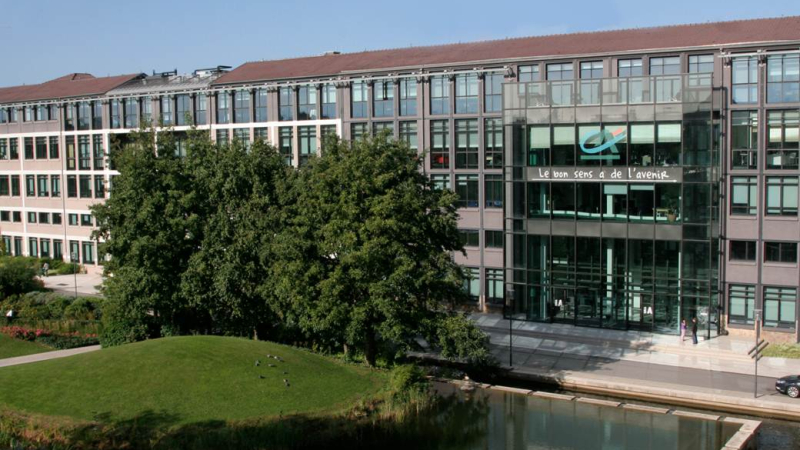
Active
This profile is actively maintained| Website | http://www.credit-agricole.com/en |
| Headquarters |
114, avenue de la République
92120 Montrouge
France
|
| CEO/chair |
Philippe Brassac CEO |
| Supervisor | |
| Ownership |
listed on NYSE
Crédit Agricole is majority-owned by 39 French Caisses Régionales de Crédit Agricole Mutuel. |
The Crédit Agricole Group, founded in 1894, is a unified but decentralised group consisting of 39 regional banks, Crédit Agricole S.A. and many subsidiaries. It includes Crédit Agricole, a semi co-operative retail bank, being majority owned by 39 French Caisses Régionales de Crédit Agricole Mutuel as well as investment bank Crédit Agricole CIB, the former Calyon. For a full overview of all entities under the group see here.
[This profile covers both Crédit Agricole and Crédit Agricole CIB].
Crédit Agricole's most important sustainability commitments can be found at the website sections listed below.
Crédit Agricole is linked to a number of companies and projects that BankTrack considers controversial (so called Dodgy Deals), e.g. as a current or past financier or through an expression of interest. The profiles below provide more details on the nature of Crédit Agricole's link to these deals.
Crédit Agricole does not operate a complaints channel for individuals and communities that may be adversely affected by its finance.
Stakeholders may raise complaints via the OECD National Contact Points (see OECD Watch guidance).
Crédit Agricole is an Equator Principles signatory. While the Equator Principles have no official grievance mechanism, complaints relating to this bank's financing of Equator Principles projects can be filed through our own website www.equator-complaints.org.
This page evaluates Crédit Agricole's responses to instances of alleged human rights violations linked to its finance, raised by civil society organisations. It is not intended to be exhaustive, but covers selected impacts raised by BankTrack and other civil society partners since 2016. For the full scoring methodology, see here. For more information about BankTrack's evaluation of bank responses to human rights impacts, see the 2021 report "Actions speak louder: assessing bank responses to human rights violations".
Following the bank's response: The bank has not provided details on how it monitored the progress of specific companies or how the bank monitored the impact on rights-holders involved in raising the issue with the bank of its own action of updating the Agriculture sector policy. Therefore, the score remains unchanged.
Banks and Climate
The 2024 Banking on Climate Chaos report showed that Crédit Agricole provided US$ 126.779 Billion in financing to the fossil fuel industry between 2016 and 2023. In 2023 only, Crédit Agricole provided US$ 5.064 Billion for oil, gas and coal companies expanding fossil fuels. Find further details on Crédit Agricole fossil fuel portfolio and how it compares to other large banks globally on Fossil Banks No Thanks and in the Banking on Climate Chaos report.
Partner organisation Reclaim Finance tracks the coal, oil and gas policies of financial institutions, including banks, in their Coal Policy Tool (CPT) and the Oil and Gas Policy Tracker (OGPT). BankTrack works closely with Reclaim Finance and endorses their policy assessments. Find further details on their assessment of Crédit Agricole's fossil fuel policy below.
Banks and Human Rights
BankTrack assessed Crédit Agricole in its 2024 Global Human Rights Benchmark, where it achieved 4 points out of 15 and was ranked as a “follower”.
The bank scored 0.5 out of 3 points on the new “specific rights indicators”, which assess how banks address human rights defenders, Indigenous Peoples’ right to Free, Prior and Informed Consent and environmental rights in their policies and practices.
In addition, Crédit Agricole scored 0.36 out of 3 on how it responds to alleged human rights violations linked to its finance, which were raised by civil society organisations. More information is detailed in the “Accountability” section of this profile.
The table below shows BankTrack's assessment of how Crédit Agricole has implemented the UN Guiding Principles on Business and Human Rights. Please click on 'expand all details' and 'explanation' for further information on the methodology.
Our policy assessments are always a work in progress. We very much welcome any feedback, especially from banks included in the assessments. Please get in touch at humanrights@banktrack.org.
Global Human Rights Benchmark 2022
Global Human Rights Benchmark 2024
Banks and Nature
Crédit Agricole’s policies for forest-risk sectors (beef, soy, palm oil, pulp and paper, rubber and timber) have been assessed by the Forests & Finance coalition, achieving an overall score of 5.2 out of 10 and ranking it as a front runner. Crédit Agricole achieved a score of 1.7 out of 10 specifically for its policies related to the beef sector and 5.4 out of 10 for its policies related to the palm oil sector. In addition, BankTrack and the Environmental Paper Network have assessed Crédit Agricole’s policies related to the pulp and paper sector.
Between 2016 and 2022, Crédit Agricole provided USD 1,742 million in credit to companies operating in these forest-risk sectors.
BankTrack has also assessed Crédit Agricole’s policies related to the wood biomass sector and found that biomass is not mentioned in its policies and no safeguards or exclusions are in place for wood biomass. For more information, see the links below.
Forest & Finance Policy Assessment 2022: Overall scores
A bank can obtain a total of 10 points for the quality of its policies. The total score is based on their scores per sector, weighted against their financing and investment for each sector. For further details on this see here. Based on their overall score, banks are then classified as Laggards, Followers, Front runners or Leaders, as follows:
Forest & Finance Policy Assessment 2022: Beef
A bank can obtain a total of 10 points for the quality of its beef policy. The total score is based on their scores per sector, weighted against their financing and investment for each sector. For further details on this see here. Based on their overall score, banks are then classified as Laggards, Followers, Front runners or Leaders, as follows:
Forest & Finance Policy Assessment 2022: Palm Oil
A bank can obtain a total of 10 points for the quality of its palm oil policy. The total score is based on their scores per sector, weighted against their financing and investment for each sector. For further details on this see here. Based on their overall score, banks are then classified as Laggards, Followers, Front runners or Leaders, as follows:
Tracking the Net Zero Banking Alliance
Crédit Agricole is a member of the Net Zero Banking Alliance (NZBA) and has therefore committed to reduce its financed emissions to net zero by 2050; within 18 months of joining the alliance set interim targets for 2030 (or sooner) for high emission priority sectors, and within 36 months set further sector targets; set new intermediary targets every 5 years from 2030 onwards; annually publish data on emissions and progress against a transition strategy including climate-related sectoral policies; and take a robust approach to the role of offsets in transition plans. BankTrack track's implementation of these commitments in the NZBA compliance tracker.
Banks and Russian Aggression in Ukraine
BankTrack is keeping track of the public response of Crédit Agricole to Russia's illegal invasion of Ukraine. Crédit Agricole's position on the war is unclear. Crédit Agricole is considered by Leave-Russia.org to be "scaling back" its operations in Russia. We categorise its exposure to Russia as moderate with over $4.6bn of financial assets. Crédit Agricole supports the Russian fossil fuel industry through investments, loans, and underwriting. For further details, see the table linked below.
Banks and Steel
Credit Agricole is a member of the Sustainable Steel Principles. This means it has committed to measuring and disclosing its steel-related financed emissions on an annual basis, and reporting its alignment with the International Energy Agency’s Net Zero by 2050 pathway for the steel industry.
As part of the Net Zero Banking Alliance (NZBA), Credit Agricole is required to set interim targets for 2030 for high emission priority sectors. For Credit Agricole, this includes its lending to the steel sector. You can see Credit Agricole’s iron and steel decarbonisation targets, and its progress towards meeting them in our NZBA steel targets compliance tracker:
Partner organisation Reclaim Finance’s 2023 report on metallurgical coal financing showed that Crédit Agricole provided US$ 3.7 billion in loans and underwriting to developers of new metallurgical coal between 2016 and 2022. Find further details on Crédit Agricole’s metallurgical coal financing and and how it compares to other large banks globally in the report.
Reclaim Finance tracks the metallurgical coal policies of financial institutions, including banks, in their Coal Policy Tool. BankTrack works closely with Reclaim Finance and endorses their policy assessments. Find further details on their assessment of Crédit Agricole’s metallurgical coal policy below.
According to a report by Reclaim Finance, between 2016 and June 2023, Crédit Agricole provided $7.8 billion in finance to the fossil-steel industry, making it the 13th largest financier worldwide. Finf further details on Crédit Agricole's steel financing and how it compares to other large banks globally in the report.

